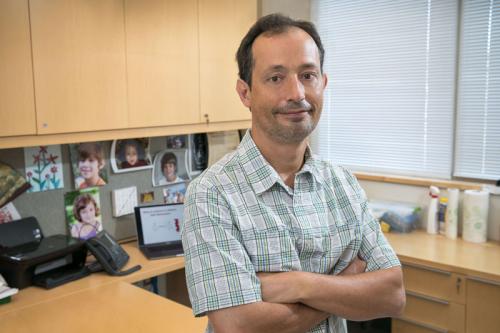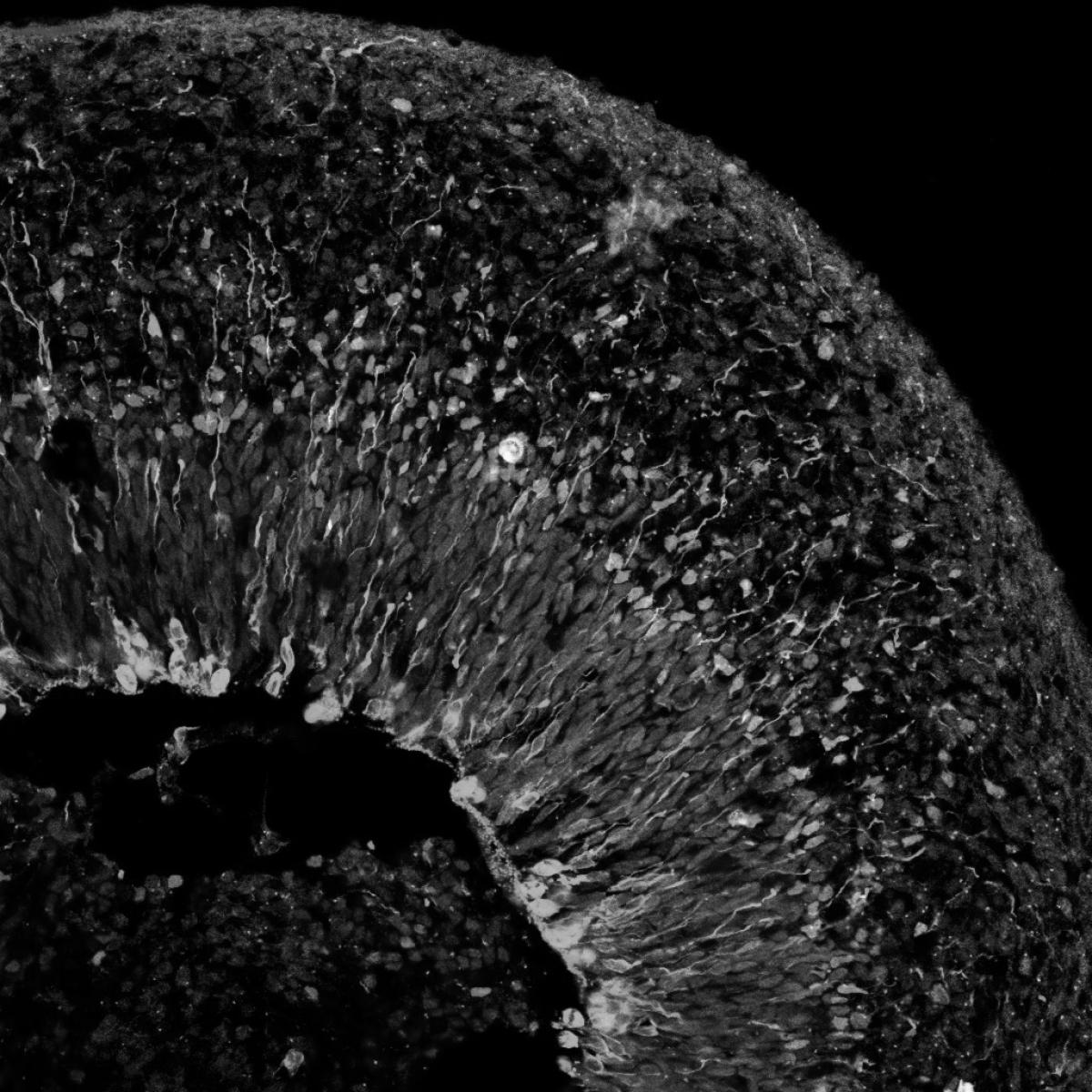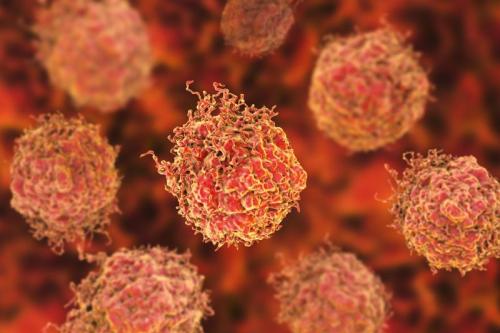
Matteo Pellegrini, Ph.D.
- Professor, Molecular, Cell and Developmental Biology
- Director, UCLA Institute for Genomics and Proteomics

Matteo Pellegrini, Ph.D., develops computational approaches to interpret epigenomic data collected from cell and tissue samples using high-throughput sequencing technologies. These efforts can yield key insights into the aging process, cancer, metabolic syndromes and the human health impacts of environmental exposures.
Pellegrini’s research centers on the development of novel computational approaches to analyze large-scale genomic data. He hopes insights gained from these data can help doctors advise their patients to take steps to reduce their risk of diseases to which they are genetically predisposed and enable the early diagnosis of diseases like cancer. Pellegrini was instrumental in the development of whole genome bisulfite sequencing, which enables scientists to measure the methylation status of nearly every cytosine in the genome.
Currently, Pellegrini is developing suites of tools for the analysis of high-throughput sequencing data such as methC-seq, RNA-seq and scRNA-seq. These approaches have been used in many settings, including tissue decomposition and biomarker discovery. Pellegrini also runs the QCB Collaboratory, a center where data analysis techniques are taught through interactive workshops. These workshops have been attended by thousands of UCLA students in person and have also been watched online over 200,000 times.
Research Projects
- Developing computational approaches to interpret data about the epigenome The network of chemical compounds surrounding DNA that can influence gene expression without altering the underlying DNA sequence. Changes in the epigenome can be influenced by the environment and can play a role in a person's health and disease. epigenome The network of chemical compounds surrounding DNA that can influence gene expression without altering the underlying DNA sequence. Changes in the epigenome can be influenced by the environment and can play a role in a person's health and disease., such as DNA Short for deoxyribonucleic acid, DNA is a double-stranded molecule that serves as the genetic blueprint for living organisms. Composed of four chemical bases, DNA encodes the instructions necessary for protein synthesis and governs the development, function, and inheritance of traits in an organism. DNA Short for deoxyribonucleic acid, DNA is a double-stranded molecule that serves as the genetic blueprint for living organisms. Composed of four chemical bases, DNA encodes the instructions necessary for protein synthesis and governs the development, function, and inheritance of traits in an organism. methylation A natural biochemical process of modifying certain structures within DNA that plays crucial roles during development and differentiation. Dysregulation of this process is linked to diseases like cancer, loss-of-imprinting syndromes and neurological disorders. Additionally, DNA methylation patterns vary across cells, tissues and organisms, with changes occurring as we age. methylation A natural biochemical process of modifying certain structures within DNA that plays crucial roles during development and differentiation. Dysregulation of this process is linked to diseases like cancer, loss-of-imprinting syndromes and neurological disorders. Additionally, DNA methylation patterns vary across cells, tissues and organisms, with changes occurring as we age. patterns
- Developing tools to analyze these data to identify biomarkers for cancer, metabolic disorders and aging
- Identifying how exposure to environmental factors such as pollution and nicotine affect pregnancy progress and fetal development
-
Post-doctoral Fellowship
- Bioinformatics, UCLA, 1999
Degree
- Ph.D., Physics, Stanford University, 1995
-


